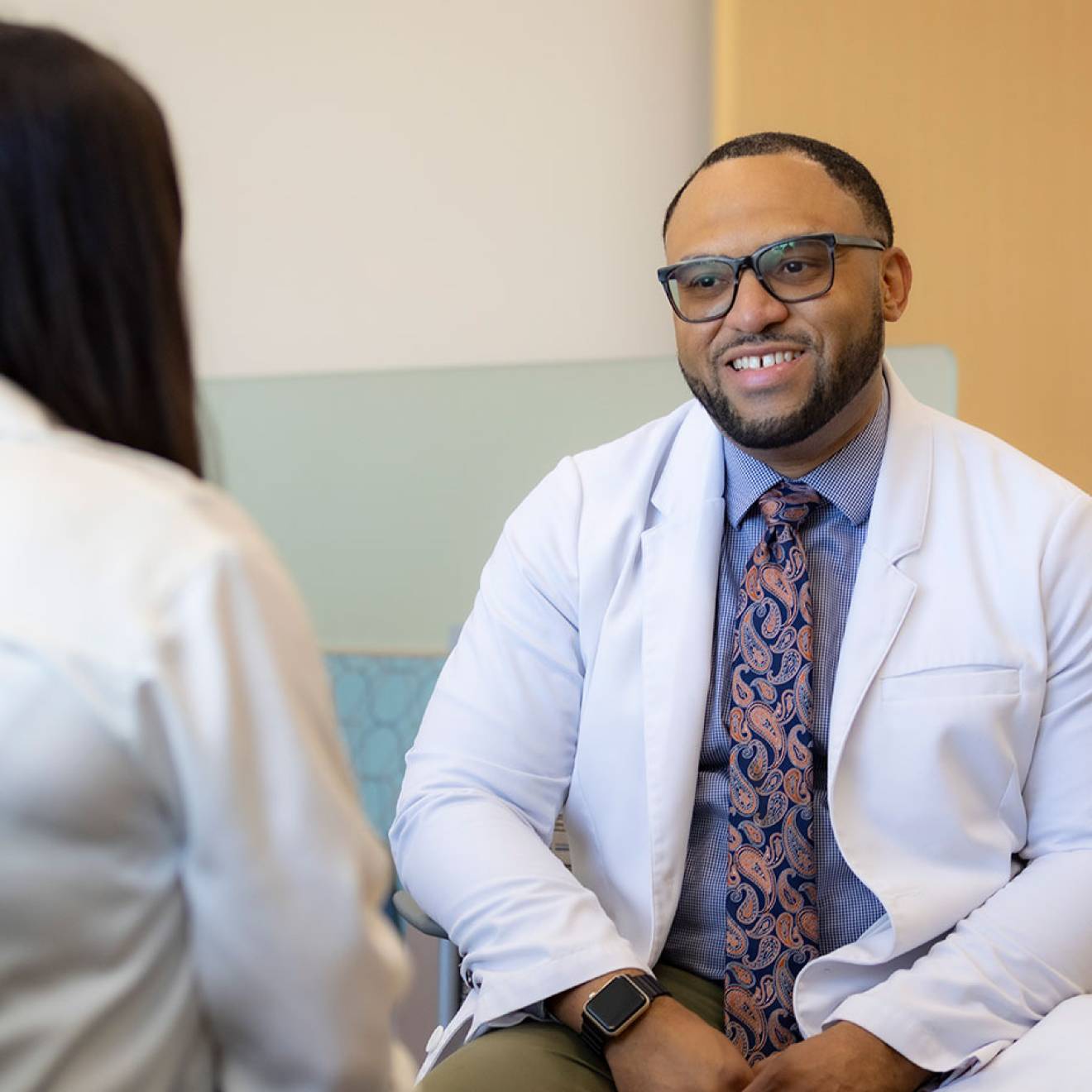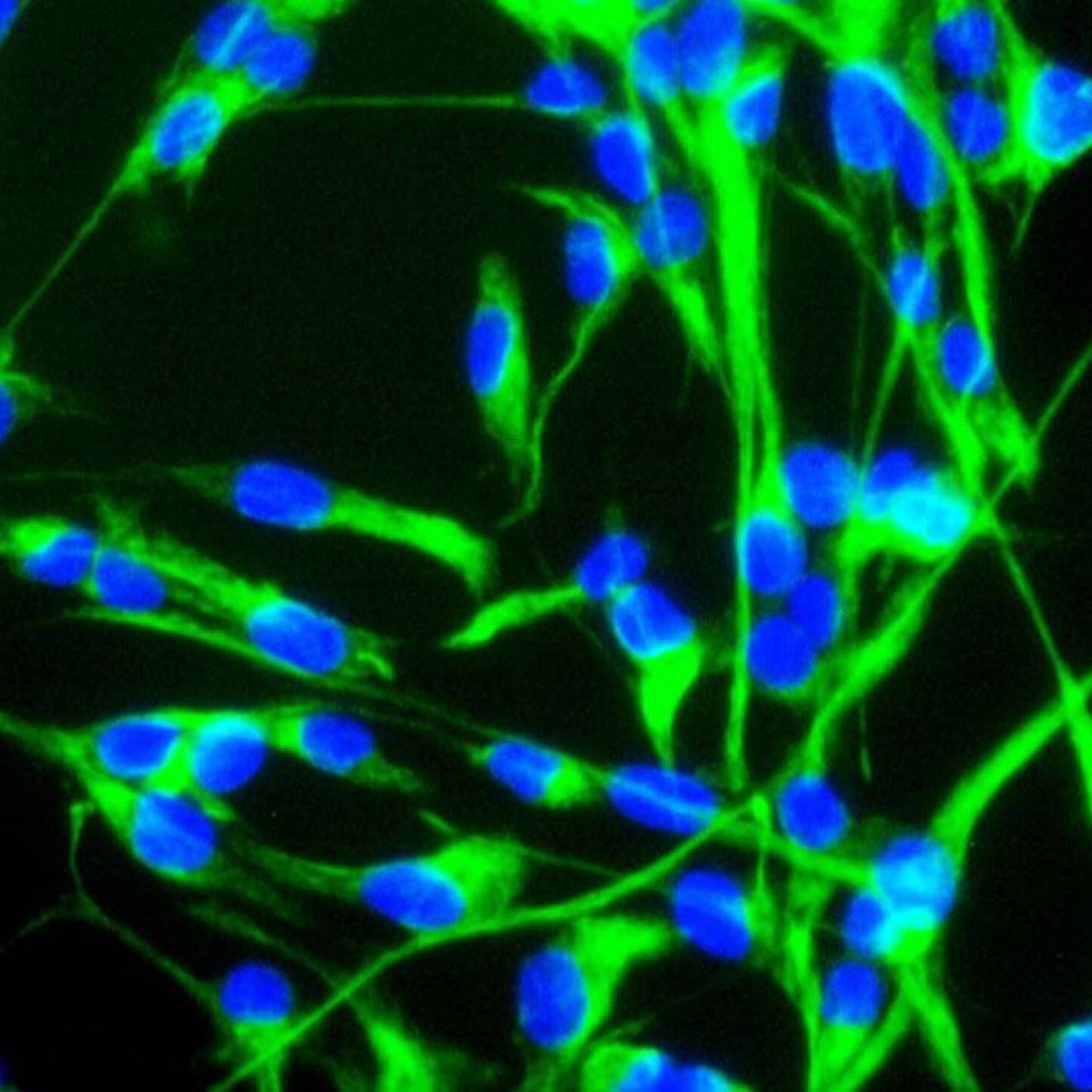UC Newsroom
All five University of California medical centers have been designated as hospitals with Ebola treatment centers, according to the U.S. Centers for Disease Control and Prevention.
The hospitals were selected by state health officials, in collaboration with local health authorities and hospital leadership. All of the facilities received an on-site assessment by infection control and safety teams from the CDC.
Ebola treatment centers are staffed, equipped and have been assessed to have current capabilities, training and resources to provide the complex treatment necessary to care for a person with Ebola while minimizing risk to health care workers.
As of today (Dec. 18), 44 U.S. hospitals have been designated as Ebola treatment centers, including medical centers at UC Davis, UC Irvine, UCLA, UC San Diego and UC San Francisco. In California, the other hospitals identified as Ebola treatment centers are Kaiser medical centers in Los Angeles, Oakland and South Sacramento.
“We appreciate the efforts of all the people at our University of California medical centers working to ensure that we are prepared to care for patients with Ebola and to maintain the safety of our health care professionals,” said Dr. John Stobo, systemwide UC senior vice president for health sciences and services. “UC is proud to partner with the state to help address this potential health crisis. All five UC medical centers already have been identified by the state as priority hospitals to treat confirmed Ebola cases. We are very pleased that all five of our medical centers now have been designated nationally as hospitals with Ebola treatment centers.”
When the national list was first announced Dec. 2, it initially identified 35 hospitals, including UC Davis, UC San Francisco and Kaiser Oakland and Kaiser South Sacramento. The list has expanded as on-site assessments by CDC Ebola preparedness teams have continued. UC’s Southern California medical centers received CDC team visits Dec. 3-5, while UC’s Northern California medical centers received CDC team visits Nov. 19-20.
“This has been an extraordinary effort over many months, with tremendous leadership from across the UC system — including our infectious diseases teams, chief medical and nursing officers, front-line health workers at all locations, and others,” Stobo said. “We have valued the support of our colleagues across the country and we are continuing to work closely with local public health offices to ensure that we meet or exceed national CDC standards and to enhance our readiness to meet state needs.”
The 2014 Ebola epidemic is the largest in history, affecting multiple countries in West Africa. Two imported cases, including one death, and two locally acquired cases in health care workers have been reported in the United States. To date, no confirmed cases have been identified in California.

